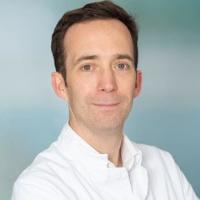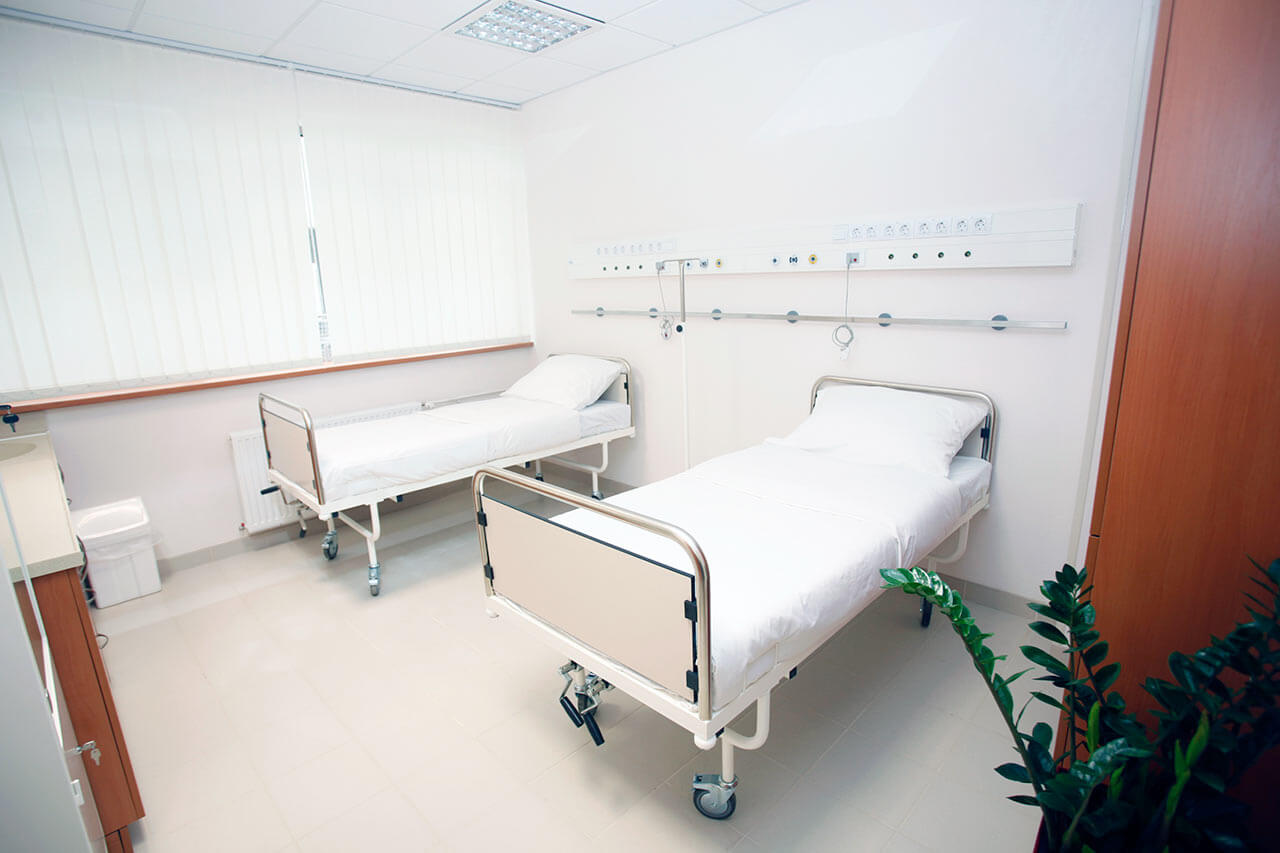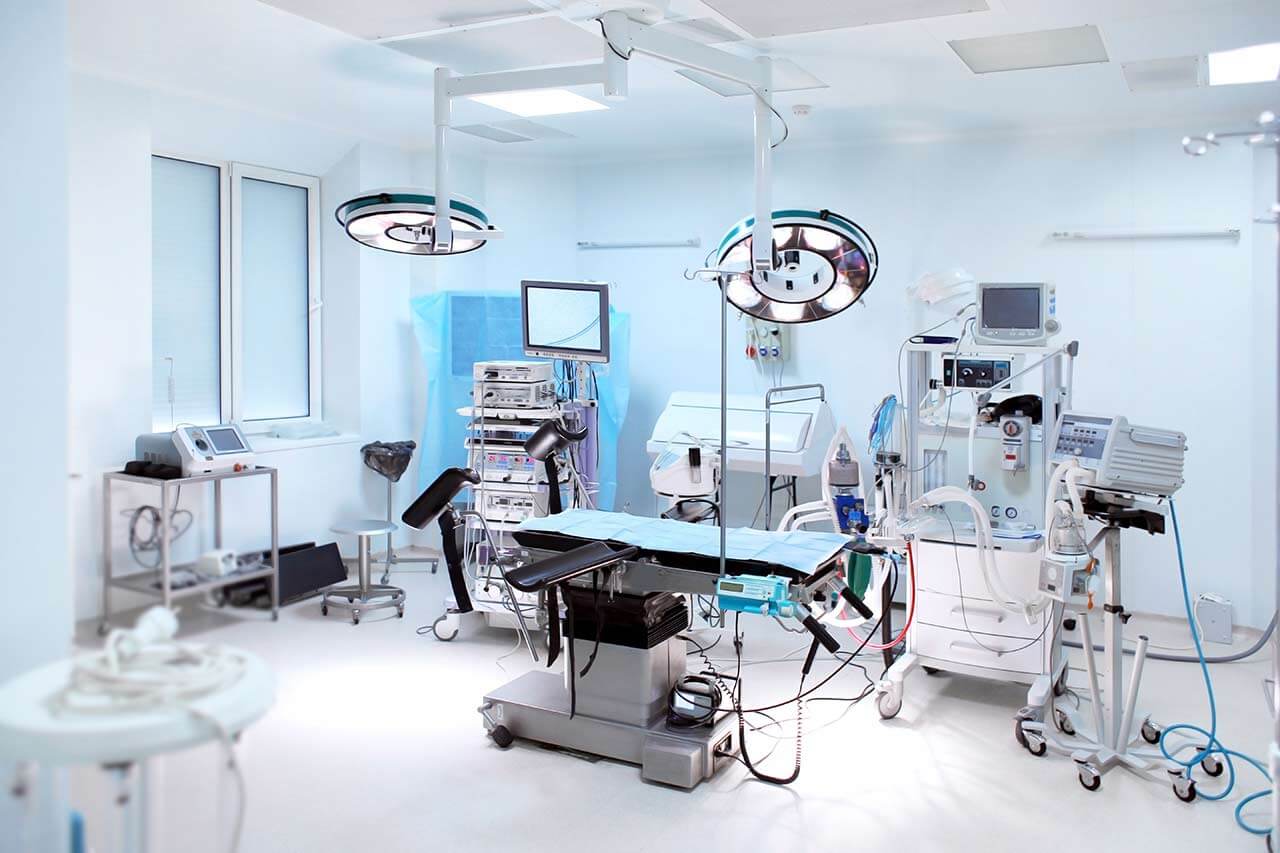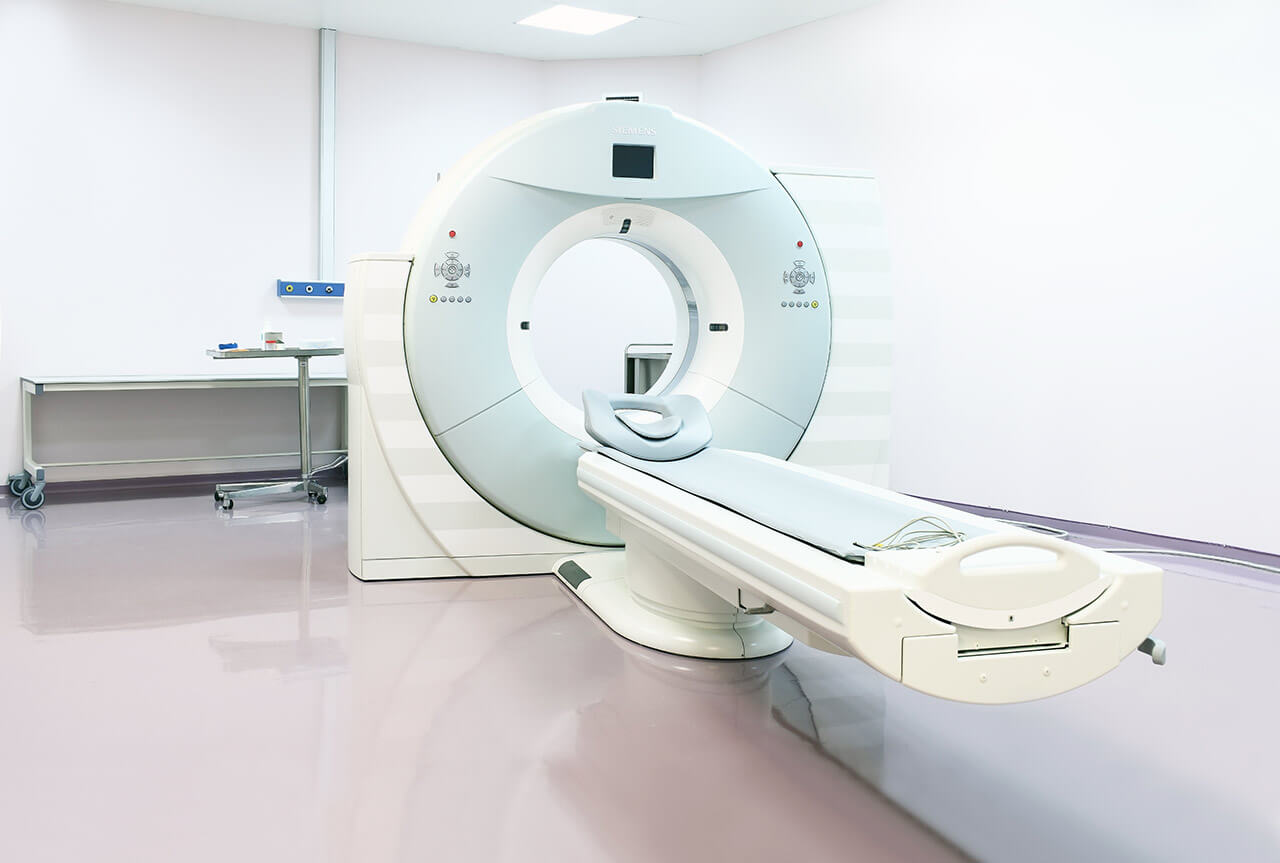
About the Department of Gastroenterology and Hepatology at Asklepios Hospital Barmbek Hamburg
The Department of Gastroenterology and Hepatology at the Asklepios Hospital Barmbek Hamburg offers the full range of diagnostic and therapeutic services in areas of its specialization. Patients with gastrointestinal disorders such as those of the stomach, esophagus, small intestine, large intestine, and pancreas are treated here. The department's doctors also admit patients with liver, gallbladder, and bile duct diseases. The department's specialists have a particular clinical interest in the treatment of benign and malignant tumors of the digestive system, chronic inflammatory bowel disease, stomach polyps, bowel polyps, pancreatitis, gastroesophageal reflux disease, gallstone disease, and cirrhosis. The department operates a modern Endoscopy Unit where many diagnostic and therapeutic procedures are performed. The department's gastroenterologists quite often manage to perform endoscopic interventions. This treatment is minimally traumatic but its effectiveness is in no way inferior to open surgery. Many endoscopic procedures are performed on an outpatient basis without a mandatory hospital stay. The department is an integral part of the Asklepios Cancer Center Hamburg. Gastroenterologists also cooperate closely with abdominal surgeons, so patients receive comprehensive medical care. The department is headed by Prof. Dr. med. Thomas von Hahn.
The department's team of doctors excels at performing endoscopic treatment of stomach, bowel, duodenal, and esophageal malignancies in the early stages. When cancer is detected at an early stage, the patient has a high chance of recovery. In addition, in such cases, the specialists often manage to use only drug therapy and endoscopic methods instead of performing traumatic surgery. To treat early-stage cancer of the digestive system, the department's doctors perform endoscopic mucosal resection and endoscopic submucosal dissection. The essence of the first method is the following: the doctor guides an endoscope to the pathological area, after which he captures the neoplasm with an electrosurgical loop and removes it. When performing endoscopic submucosal dissection, the doctor removes the affected area of the stomach or intestinal mucosa with the capture of the submucosa. If the diagnostic results confirm the presence of an oncological process, the decision on the optimal treatment option (endoscopic procedure or surgical treatment) is made jointly by gastroenterologists and abdominal surgeons. This approach provides patients with the most effective but, at the same time, sparing and safest treatment.
The department regularly admits patients with chronic inflammatory bowel disease, such as Crohn's disease and ulcerative colitis. Both pathologies affect patients of young age (15-35 years) and, to date, remain incurable. The therapy is therefore aimed at alleviating symptoms and providing the patient with a high quality of life. Diagnosing chronic inflammatory bowel disease may be quite a complex task, so if pathology is suspected, the department's doctors carry out thorough diagnostics, including a clinical examination, blood and stool laboratory tests, colonoscopy, gastroscopy, magnetic resonance imaging, and ultrasound scans. As for the treatment, a therapeutic approach depends on the severity of symptoms, the extent of the inflammatory process, and the affected area of the bowel. As a rule, during the period of exacerbation, patients receive drug therapy with anti-inflammatory drugs and immunosuppressants. In some cases, inflammatory bowel disease causes complications such as internal bleeding. In such cases, endoscopic procedures are performed. The last-line treatment for Crohn's disease and nonspecific ulcerative colitis is surgery. The specialists resort to this therapeutic measure only in cases where the pathology cannot be controlled using conservative treatments.
An integral part of the department's clinical practice is the treatment of liver, gallbladder, and bile duct diseases. The department's doctors have vast experience in the treatment of viral hepatitis A, B, C, D, and E, autoimmune hepatitis, hemochromatosis, Wilson's disease, cirrhosis, and malignant liver tumors. The department has all modern diagnostic techniques for comprehensive liver examination, including ultrasound, CT, MRI, elastography (the department uses the very latest method of acoustic radiation force impulse imaging), and liver biopsy. If the patient is diagnosed with one of the types of hepatitis, it is important for doctors to carry out the most effective treatment because this group of diseases provokes the development of cirrhosis and liver cancer. When hepatitis is confirmed, an individually developed drug therapy regimen is prescribed, which often includes recommendations to adjust the diet and quit drinking alcoholic beverages.
The department's key clinical focuses include:
- Gastroenterology
- Diagnostics and treatment of stomach and bowel polyps
- Diagnostics and treatment of benign stomach, bowel, and esophageal tumors
- Diagnostics and treatment of early-stage stomach, bowel, and esophageal malignant tumors
- Diagnostics and treatment of chronic inflammatory bowel disease: Crohn's disease and ulcerative colitis
- Diagnostics and treatment of gastroesophageal reflux disease
- Hepatology
- Diagnostics and treatment of viral hepatitis A, B, C, D, and E
- Diagnostics and treatment of autoimmune hepatitis
- Diagnostics and treatment of hemochromatosis
- Diagnostics and treatment of Wilson's disease
- Diagnostics and treatment of cirrhosis
- Diagnostics and treatment of liver cancer
- Diagnostics and treatment of primary sclerosing cholangitis
- Diagnostics and treatment of primary biliary cholangitis
- Other medical services
The department offers the following types of endoscopic diagnostics and treatment:
- Diagnostic procedures
- Gastroscopy
- Colonoscopy
- Enteroscopy
- Endoscopic retrograde cholangiopancreatography
- Endosonography
- Therapeutic procedures
- Gastroscopy
- Colonoscopy
- Endoscopic retrograde cholangiopancreatography
- Endoscopic mucosal resection
- Endoscopic submucosal dissection
- Argon plasma coagulation
- Percutaneous transhepatic cholangiography
- Endoscopic polypectomy
- Endoscopic stent implantation
- Other endoscopic procedures
Curriculum vitae
Higher Education
- 1995 - 1999 Medical studies, Albert Ludwig University of Freiburg.
- 1999 - 2000 Medical studies, Queen's University Belfast.
- 2000 - 2002 Medical studies and doctoral degree, Free University of Berlin.
Professional Career
- December 2002 - May 2004 Internship, Charite University Hospital Berlin.
- July 2004 - April 2007 Postdoctoral Fellow, Rockefeller University, New York, USA.
- June 2007 - December 2008 Consultant, McKinsey & Company, Dusseldorf, Germany.
- January 2009 - January 2019 Senior Physician, Hannover Medical School.
- Since February 2019 Head Physician, Department of Gastroenterology and Hepatology, Asklepios Hospital Barmbek Hamburg.
Photo of the doctor: (c) Asklepios Klinik Barmbek





